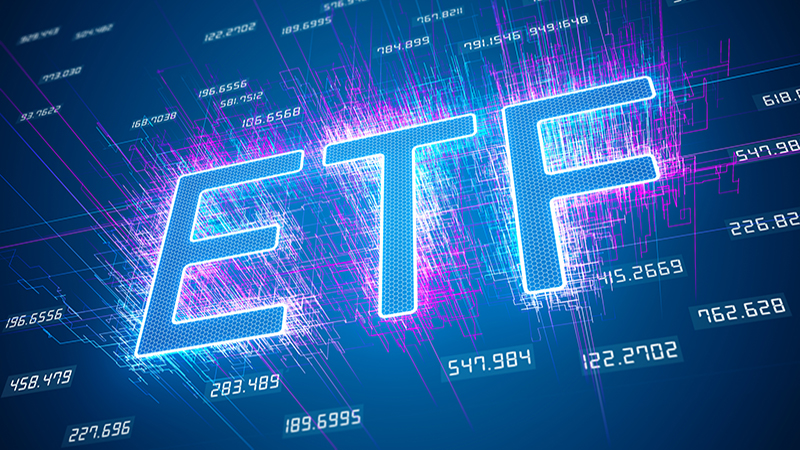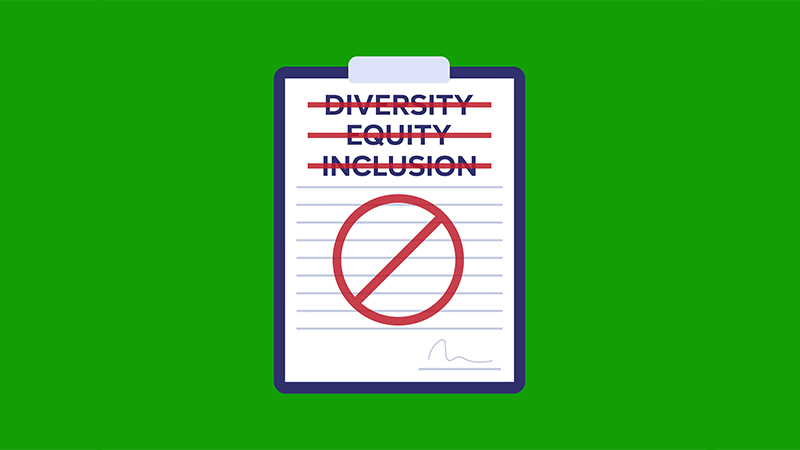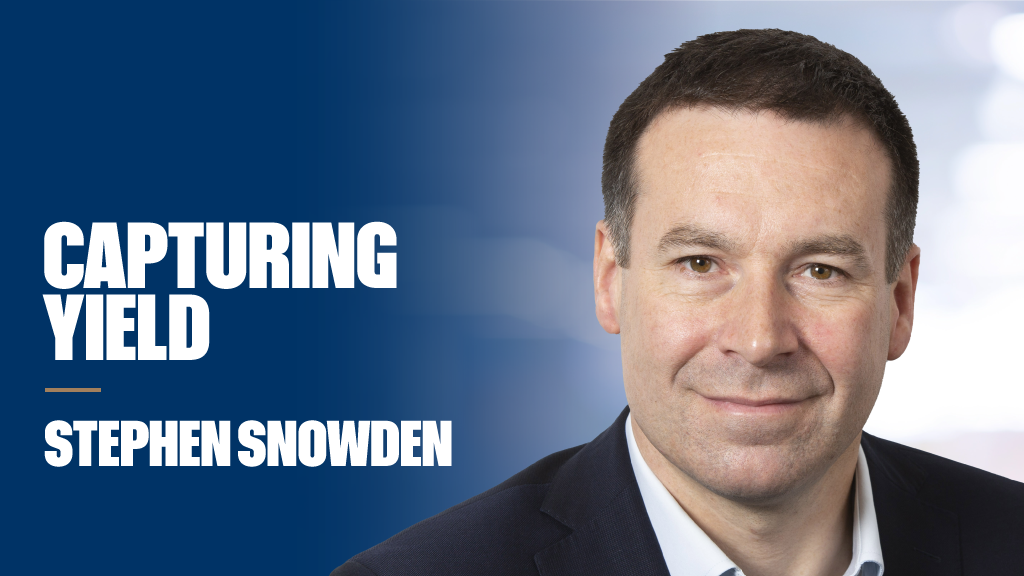Having overtaken Brazil as the economic poster boy of Latin America, Mexico is the darling of many developed world investors. But rather than sit on its haunches, under the presidency of Enrique Peña Nieto – continuing the work started by his predecessor, Felipe Calderón – Mexico is undergoing seismic reforms across its banking, energy and telecoms sectors. Education and labour reforms are also being implemented to boost long-term productivity. However, it hasn’t all been plain sailing for Nieto. Ask for an update on the success of reforms from local commentators and foreign investors and you’re likely to get two very different responses; it seems there is a case of expectations slightly diverging from reality.
Of all of the reforms, tax changes were among the first to reverberate through the economy – many of the rest, most significantly the energy sector reforms, continue to be pawed over by lawmakers.
Mexico’s tax receipts account for just 20% of GDP, well below the OECD average of 35%. However, in targeting income tax rather than consumption tax, the government took their eye off the ball: Mexico has an ‘informal’ segment of the population that amounts to some 30 million economically active workers who fall beyond the reaches of the taxman. As such, instead of encouraging more people to pay tax and extending the tax base to this ‘informal’ sector, it has simply resulted in existing taxpayers paying more tax and thus declaring less income. What’s more, it has done little good for Nieto’s approval ratings.
The structural reforms have also had a greater than- expected negative impact upon economic growth. Mexico’s economy grew by just 1.1% in 20131 and hopes of a 5% number this year seem wildly optimistic. The short-term effects on business confidence and consumer spending were clearly underestimated. But talking to people inside the central bank, and to regulators and management teams across the banking sector, the sense of long-term optimism is palpable.
The inevitable stumbling blocks aside, there are few who doubt the long-term benefits of these reforms.
More broadly, the greatest sense of expectation surrounds plans for the energy sector. Involving the break-up of the country’s 76-year old monopoly, Pemex, the target is to drag down Mexico’s energy costs. Indeed, industrial electricity costs are currently around 80% higher in Mexico than in the US2. Never quite fulfilling the potential of its geographical and logistical ties with the US, Mexico has long been hamstrung by its legacy inefficiencies. Reforms could and should change this.
As a banking analyst, while interesting, the macroeconomic picture is more background noise than front-page news; profitability and return on equity dominate proceedings. So, what of financial reforms? These centre on increasing credit availability and growth to the lower income segments of the population, and to the so-called ‘informal’ sector. Household credit to GDP stands at around 25% in Mexico, way below Brazil’s 65%– arguably Brazil has been too successful on this front – and reforms are aimed at widening the net.
Mexico already boasts a mature and attractive banking sector: well structured and regulated, competitive, shareholder-friendly and without a state-owned presence, the starting point is a healthy one.
However, it doesn’t look like it will be a game changer. While the reforms don’t carry lending targets or price controls – something sure to panic any banks analyst – the problems facing lenders are sizeable. Ultimately, the nature of the ‘informal’ sector is that there is no way of truly judging credit worthiness: a potential borrower may tick all of the boxes but who is to know he doesn’t already have a loan from a family member, to whom he has a much greater sense of responsibility and is more likely to repay. This, like many other areas of Nieto’s reform plans, is a work in progress.
‘Work in progress’ seems a good way of summing up Mexico at present. Hard at work in implementing these significant reforms, progress is certainly being made. It won’t happen as quickly as outsiders might expect but there’s no doubt the country is heading in the right direction. Latin America’s star remains in the ascendency.











